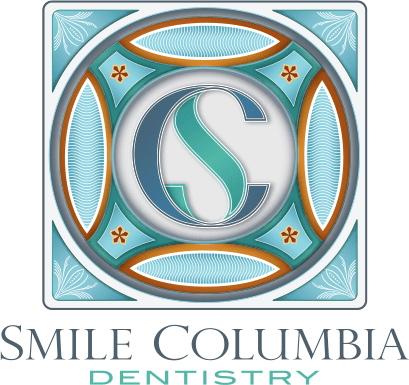Tracking Diet and Cognition
n the past, researchers have looked at factors like number of teeth and biting force to stand in as a representation of a person’s ability to chew. However, for this study, researchers wanted to look from a different angle to see if it confirmed or conflicted with previous study results. Dietary hardness should be an indicator of how much a person is chewing or how well they can chew.
To check for this correlation, researchers looked at 635 Japanese individuals age 69-71 who were living in an elderly home.
Researchers gave individuals a questionnaire about 38 different common foods, and subjects reported which foods they habitually ate. They then looked at a database that included food hardness values for each type of food.
The hardness of people’s habitual diet was then compared with their scores on the Japanese form of the Montreal Cognitive Assessment (MoCA-J).
They found that rice, green leafy vegetables, dried fish, and pork or beef were the primary determinants of how hard a person’s diet was. They also found that this was strongly linked to their cognitive scores. The link stayed even when researchers attempted to adjust for several potential confounders, so they believe that it’s a real connection.
Harder Foods Improve Thinking Ability
Researchers say their findings suggest that dietary hardness might be linked to improved cognition among elderly individuals. Of course, the findings aren’t conclusive–they are early results and could be improved by more accurate observation of diet, more precise measurements of food hardness, and better observation of chewing.
However, since these results go along with other results we’ve found that relate chewing and thinking, it definitely serves as an important piece of evidence arguing for the value of having better dentures.
Eat Stimulating Foods with Dentures
It definitely seems that chewing is linked to our ability to retain cognitive ability as we get older. Unfortunately, this puts people with traditional dentures in a difficult situation. Traditional dentures diminish your ability to eat many different foods.
However, there are denture options that can help you have more bite. FOY® Dentures have better fit and are more secure. They can help you chew more different types of foods. And implant dentures are an even more secure form of tooth replacement. With these, you can enjoy all the foods you ate with your natural teeth. In fact, some studies suggest that dental implants can reverse mental damage caused by previous loss of chewing ability.
To learn more about the benefits of quality dentures in Columbia, SC, please call (803) 781-9090 today for an appointment with denture dentist Dr. Adam Hahn at Smile Columbia Dentistry.

